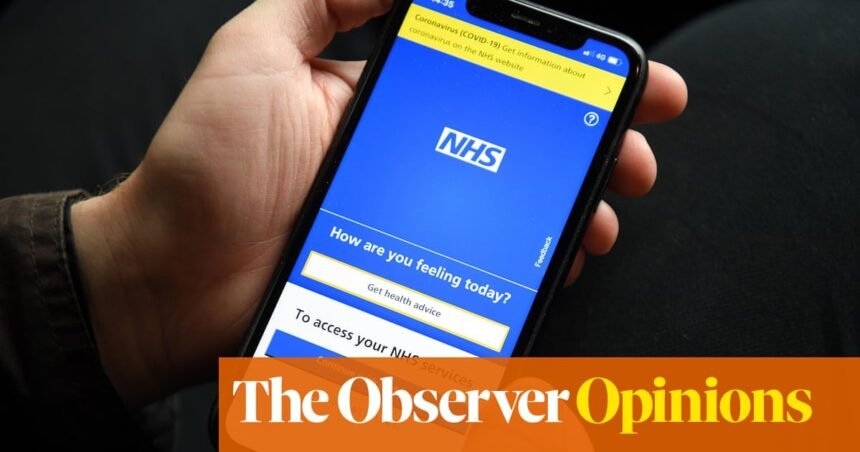The government will increasingly need to intervene in people’s lives to manage rising demands on state finances, especially as the shift to greener technologies intensifies the need to monitor carbon emissions. The recent decision by London mayor Sadiq Khan to hire more personnel to oversee vehicle compliance within the ultra-low emission zone (Ulez) exemplifies the trend towards increased surveillance—a move that his Manchester counterpart, Andy Burnham, deemed unacceptable.
Discussions among Whitehall officials on tracking vehicles are fraught with challenges; while they aim to transition to electric cars, they are aware that this shift could significantly impact the £25 billion raised annually from fuel taxes and the 20% VAT on fuel sales. With the rise of electric vehicles, the chancellor will need to discover new revenue sources, potentially through monitoring zero-emission vehicles, which could extend beyond London. The anticipated 7p-per-litre increase in fuel duty in the upcoming budget may be one of the last such hikes.
This pressure also applies to optimizing public services, a topic of concern for civil servants who seek reform despite significant pushback from segments of the population wary of government oversight. Health Secretary Wes Streeting advocates for universal smartphone usage and the NHS app to improve service delivery and combat current staffing shortages. If households shared their health data with the NHS like they do with large tech companies, it could lead to more efficient and cost-effective healthcare, making the NHS a potential pilot for a national ID system that could help digitize other government services, curb costs, and reduce fraud.
Keir Starmer has avoided confronting the implications of digital communication on citizens who value their perceived freedom from government interference. Nevertheless, he has unsettled libertarian circles by endorsing the Conservative sugar tax and supporting the proposed ban on cigarette sales put forth in the king’s speech.
Starmer, much like Tony Blair before him, does not align with the libertarian aspect of social democracy as both leaders favor regulation to influence citizen behavior. His willingness to back a ban on smoking outside pubs and restaurants, despite limited evidence of harm to bystanders, reflects this approach.
A more proactive government could work towards encouraging individuals to view the state as a trusted steward of their digital information while also advocating against private sector data exploitation. As noted by fellow columnist Martha Gill, the primary goal of businesses, from startups to conglomerates, is to craft addictive products, highlighting the private sector’s increased capacity to manipulate digital data compared to government capabilities.
These industries are continuously developing sophisticated marketing strategies that draw consumers in, often compromising their health and finances. While Starmer may face challenges in addressing the food and gaming industries, he should pursue this path. The food sector, as the largest component of UK manufacturing, generates more jobs and income than car manufacturing, emphasizing the need for regulation.
Dr. Chris van Tulleken, author of the book “Ultra-Processed People,” illustrates the growing concern among experts that cunning marketing techniques leveraged by digital media can have detrimental effects on both individual well-being and the overall economy.
We are veering towards a future dominated by private sector control, forsaking government-led initiatives in the digital realm. Khan’s Ulez initiative represents a partial solution; the government should champion a more comprehensive approach. With advancements in cybercurrencies and artificial intelligence on the horizon, it’s imperative that governance over these domains rests with governments rather than corporations like Google.





